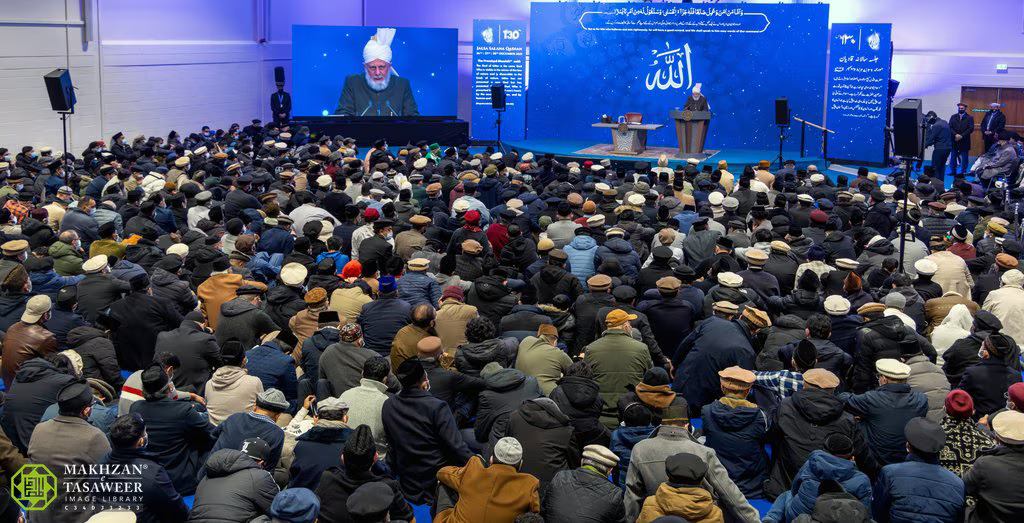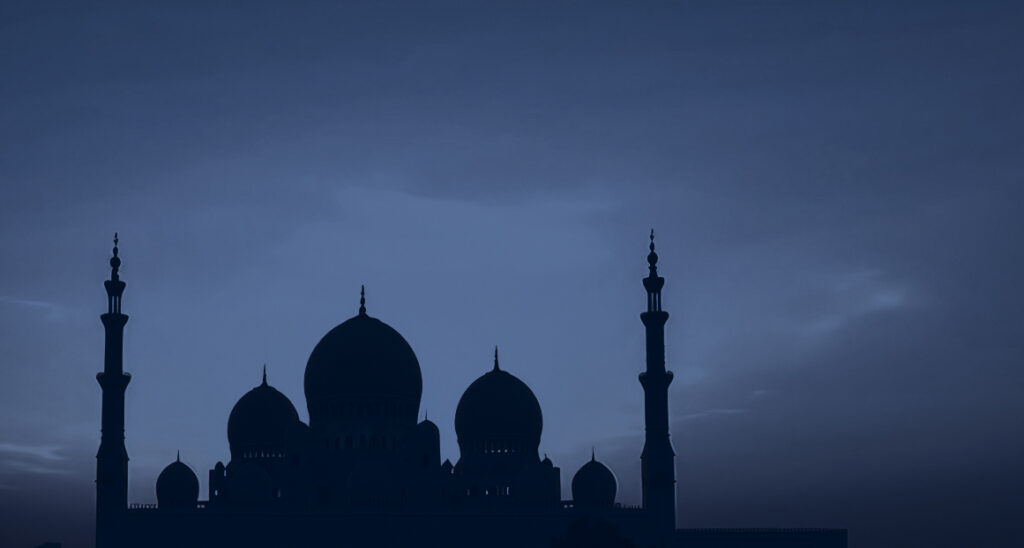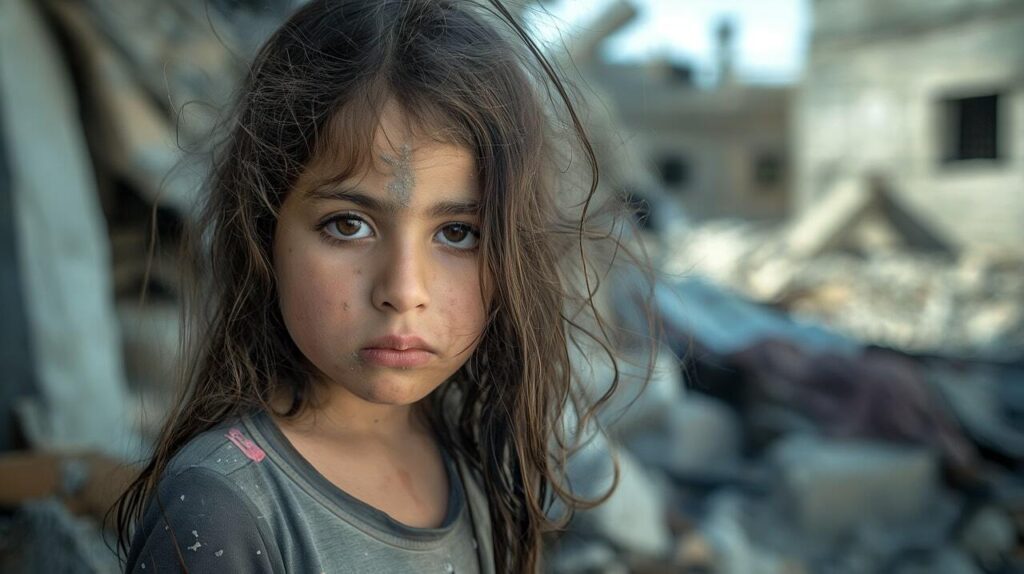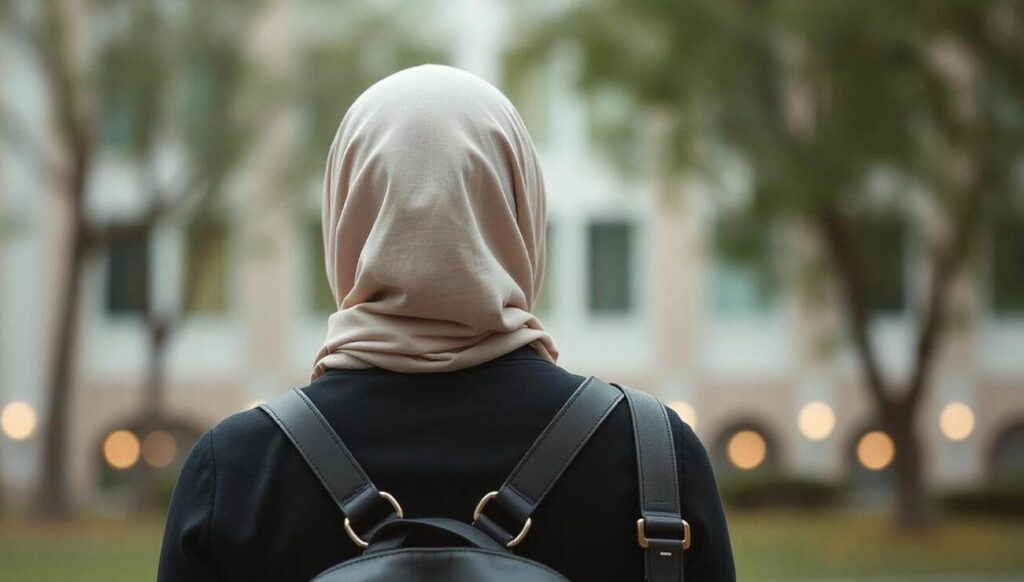ARTICLES
As the new year begins, the Ahmadiyya Caliph appeals for prayers for the progress of the Community, the release of imprisoned Ahmadis, the deliverance of oppressed people worldwide, and the establishment of peace across the globe.
Across history, there have been many attempts to end slavery. Yet, all too often, emancipation came at the cost of human lives or remained confined to paper, lacking a holistic approach and thus falling short of securing true human dignity.
The Ahmadiyya Khalifa addresses the Annual Convention in Qadian, outlining the need to practically fulfil the conditions of the pledge of allegiance to the Promised Messiah(as).
Does the Quran truly foretell universal truths? Or does it merely echo scientific discoveries? Recent advances in cosmology show that the Quran describes many phenomena centuries ahead of its time, guiding the odyssey of human knowledge.
From keys to phones to wealth and fame, human beings always tend to search for things in the wrong places—peace being no exception. Often, one simply forgets that true contentment can come only from the One who created it.
In a world where modern efforts often fail to resolve conflicts, the Treaty of Hudaybiya, concluded fourteen centuries ago, offers timeless lessons in diplomacy, patience, and principled leadership.
Success comes from steadiness—through daily effort, heartfelt prayer, and leaving the rest to Allah, trusting His wisdom in every step.
While a declined handshake is often viewed as a breach of etiquette, differing religious and cultural boundaries highlight how complex the interaction between faith, personal choices, and social norms can be.
History remembers those who recognise truth before the world does. This is the story of two hearts—separated in time—whose acceptance of truth became eternal symbols of faith and certainty.
Real progress comes through balance—limiting screen-time, focusing on learning, and safeguarding one’s moral and intellectual growth.
Whenever the world plunges into the abyss of darkness and the night appears endless, a night of divine decree manifests, reminding of a radiant dawn that is about to follow.
The Ahmadiyya Khalifa emphasises that forcing young children to fast is wrong and highlights the importance of considering their physical well-being.
Women’s mental health is often overlooked, yet understanding the challenges women face and adopting coping strategies can enhance their emotional strength. On International Women’s Day, let’s prioritise women’s mental well-being.
The physical endeavours one undertakes during Ramadan must also spark a spiritual transformation in them, thus merging the two heats reflected in the very name of the month.
Ahmadiyya Khalifa explains the harmful effects of steroids on the body over time and emphasises the importance of building strength naturally.
Satan deceived Hazrat Adam(as) by disguising his true intentions, misleading him into an error despite God’s warning. The Holy Quran reveals how this deception unfolded.
The Ahmadiyya Khalifa urges prayers amidst dire global circumstances, emphasising peace worldwide, justice for Palestinians, and unity in the Muslim world.
The Doomsday Clock ticks closer to midnight, sounding the alarm on a global catastrophe, and echoing the warnings of Ahmadiyya Khalifa, who has been cautioning against an impending disaster for two decades.
Often misunderstood as a restriction, purdah is, in reality, a source of strength and identity. The article explores the author’s journey of resilience, proving that true empowerment comes from within—not from societal expectations.
Many so-called ‘harmless’ ways to release anger—like yelling or hitting objects—are often suggested, but do they really help? Research suggests otherwise.























